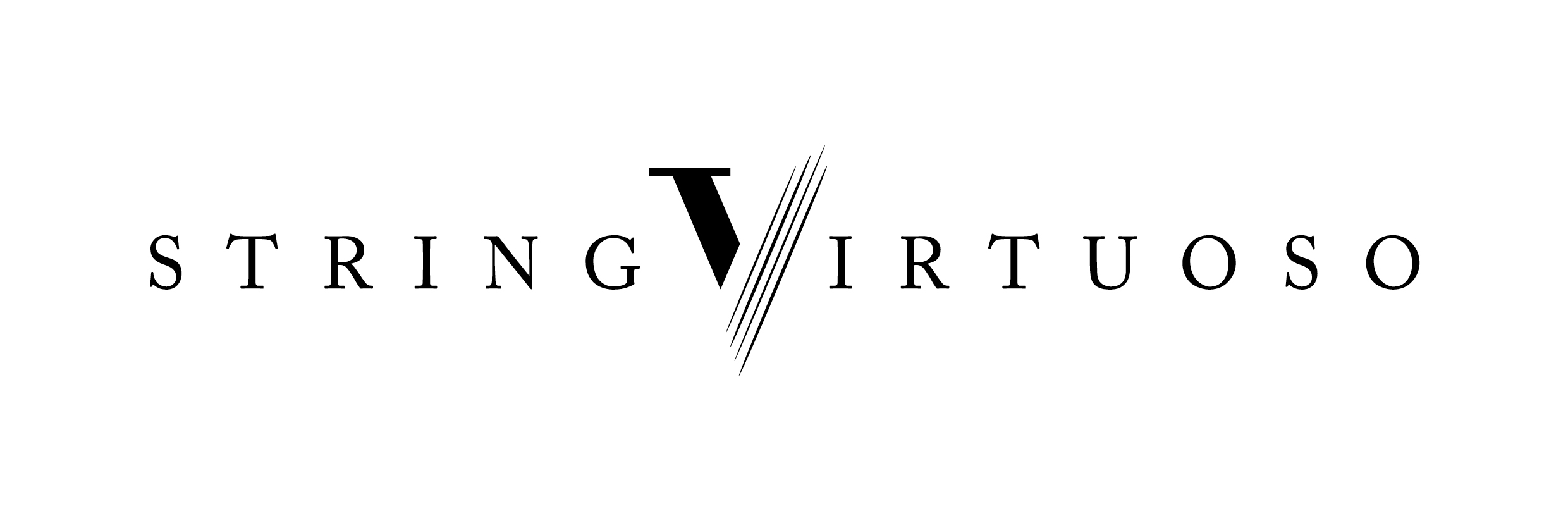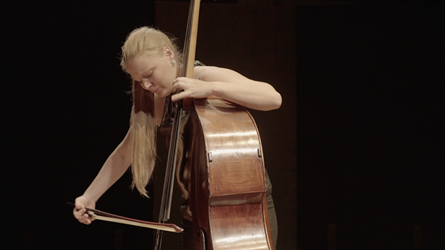Maurice Ravel
Biography
French composer Maurice Ravel was born in the Basque town of Ciboure, near Biarritz, in 1875. Ravel appears to have only been educated by his father throughout his early life, and was encouraged by his parents to apply for the Paris Conservatoire, successfully enrolling in 1889. Though a talented pupil, he did not function well in the conservatoire environment and was expelled in 1895. It was around this time that Ravel met Eric Satie, another composer of this generation who was to become an important influence on French music. Ravel was readmitted to the Paris Conservatoire in 1897, and studied with Gabriel Fauré.
After finally leaving the Paris Conservatoire, Ravel began to have success as a composer, and developed a highly individual style that combined elements of modernism, baroque, neoclassicism and sometimes jazz. He likes to experiment with a variety of musical forms, from French suites inspired by the baroque, to single-movement orchestral pieces such as his highly popular Boléro, which repeats a single idea with changed orchestration. Ravel was a slow and painstaking worker, and composed relatively few pieces throughout his career, though often wrote versions of works for both solo piano and orchestra. He was also one of the first composers to realise the importance of the emerging technology of audio recording, and recorded a number of his own works.

